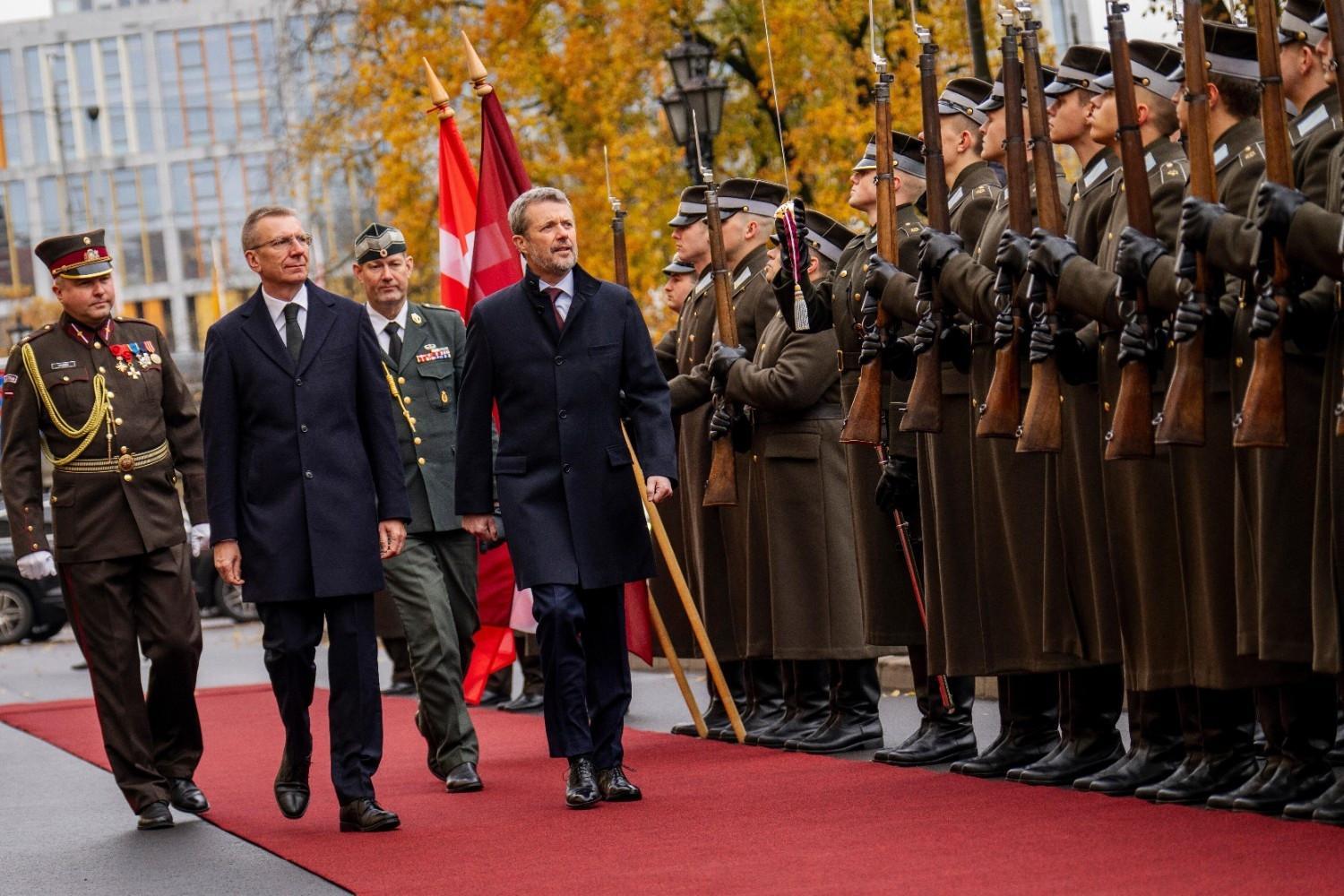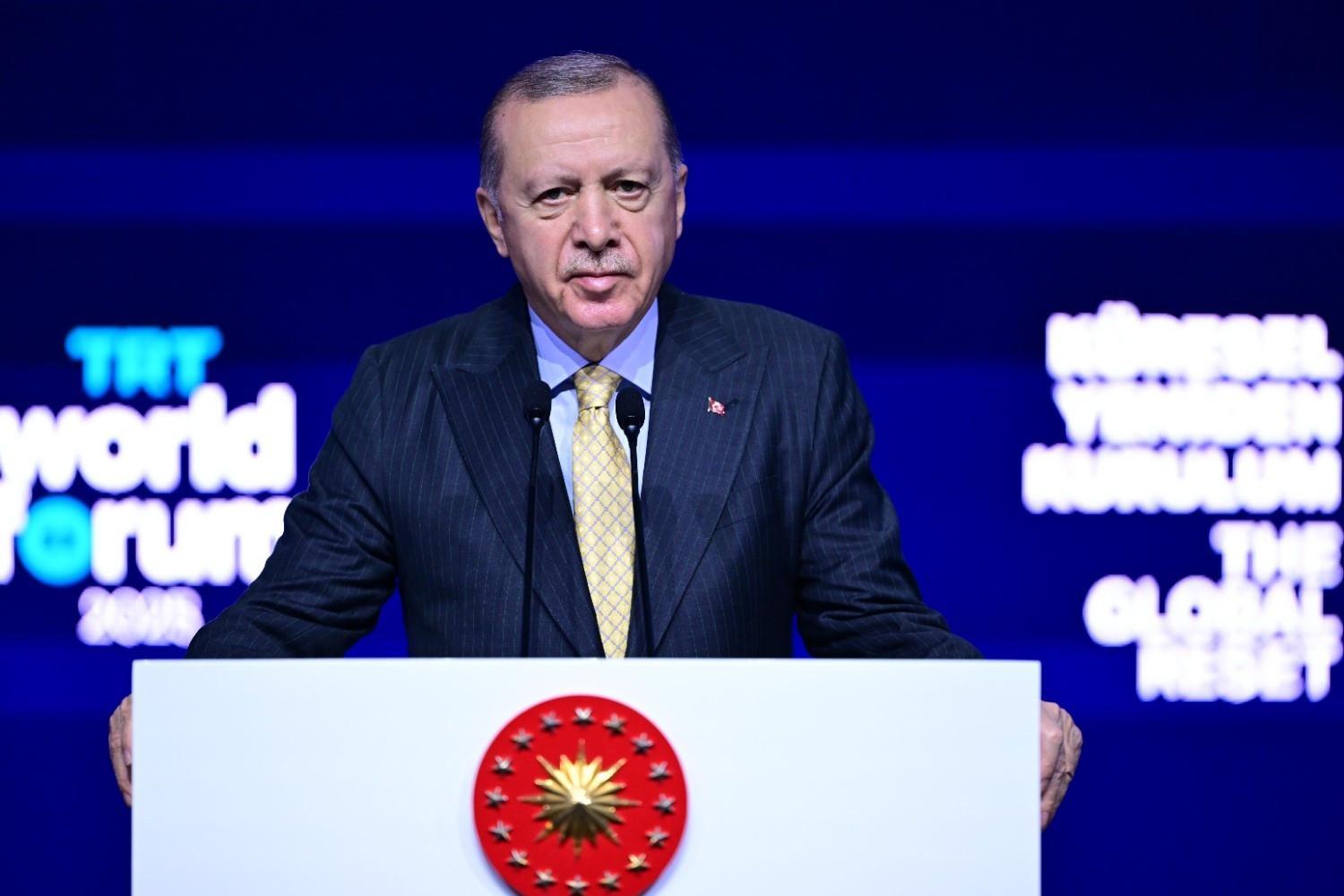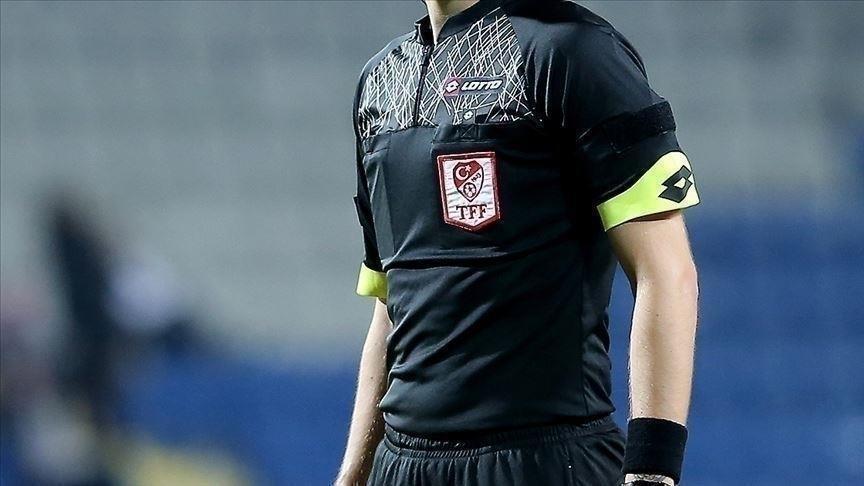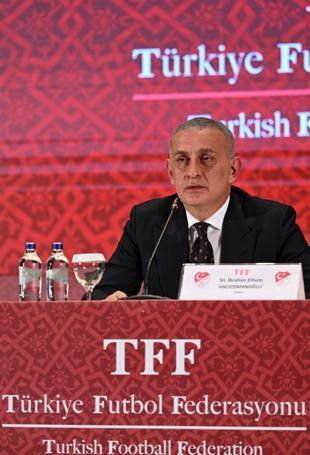Latvia ‘sending dangerous message’ about women's rights
STRASBOURG

A decision by the Latvian parliament to withdraw from a European convention on preventing and combating violence against women, sends a "dangerous message," the Council of Europe said on Oct. 31.
A majority of Latvian deputies voted to withdraw from the Istanbul Convention on Oct. 30, saying it promotes "gender" theories and new norms on gender identity or sexual orientation.
If Latvian President Edgars Rinkevics signs the motion, the Baltic state will become the first and only European Union country to leave the convention.
"This is an unprecedented and deeply worrying step backwards for women's rights and human rights in Europe," the Council of Europe's Parliamentary Assembly president Theodoros Rousopoulos said on Oct. 31.
"Latvia sends a dangerous message, that women's safety and dignity can be questioned or negotiated," he said.
The Council of Europe, with 46 member states and sitting in Strasbourg, is the continent's watchdog for democracy and human rights.
According to Rousopoulos, the parliament's decision was "taken hastily and fueled by disinformation."
"Latvia now follows Türkiye, which withdrew in 2021. Since then, femicides and violence against women have sharply increased," he argued.
Ratified by the Latvian parliament in November 2024, the Council of Europe convention requires signatory parties to develop laws and policies aimed at ending violence against women and domestic physical abuse.
Right-wing opposition parties voted to quit the treaty, while the governing coalition led by center-right Prime Minister Evika Silina was split, with representatives of the Union of Greens and Farmers voting to leave the treaty and the other parties voting to stay.














